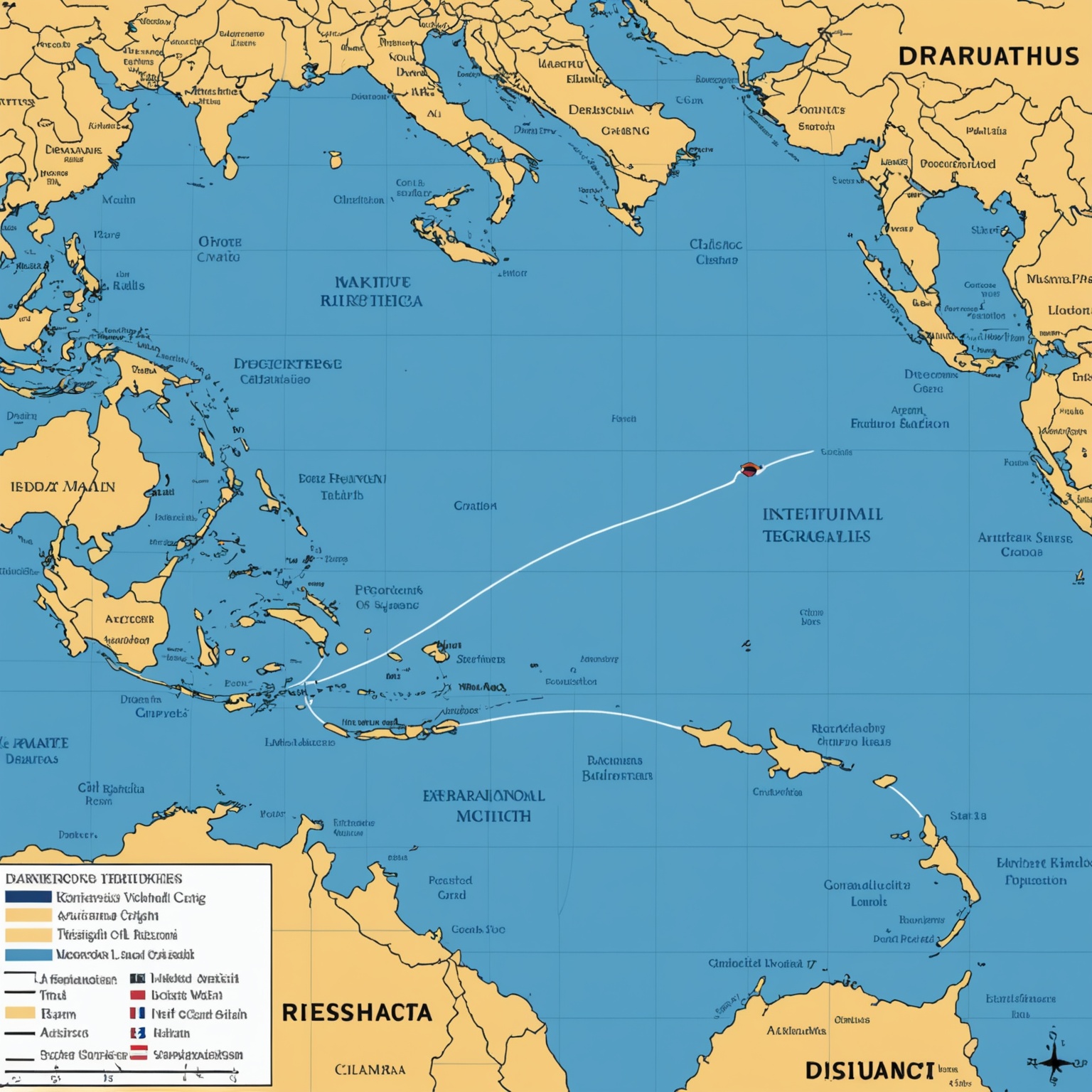International Court Issues Ruling on Maritime Dispute

International Court Issues Ruling on Maritime Dispute
In a significant development, the international court has delivered a landmark ruling intended to address and resolve longstanding maritime disputes that have been a source of tension among nations. This article provides an in-depth analysis of the court's decision, discussing its implications for global maritime law and international relations.
The Context of the Maritime Dispute
Maritime disputes often involve complex issues of territorial waters, exclusive economic zones, and the right to natural resources. These disputes can lead to heightened tensions and, in some cases, conflicts between countries. The ruling by the international court represents a crucial step towards peaceful resolution based on legal frameworks and international law.
Details of the Court's Decision
The court's decision outlines clear demarcations and guidelines that the involved countries should follow. This section of the article breaks down the key points of the ruling, providing clarity on what has been decided and how it affects the parties involved.
Implications for Global Maritime Law
The ruling not only resolves specific territorial disputes but also sets precedents for future maritime conflicts. This section explores how the decision influences international maritime law and the potential shifts in legal practices regarding maritime issues.
Impact on International Relations
Maritime disputes are often reflective of broader international relations dynamics. This ruling could either soothe or ignite tensions depending on various geopolitical factors. Here, we analyze the potential diplomatic outcomes stemming from this landmark decision.
Future Prospects and Challenges
While the ruling is decisive, its implementation poses challenges. This section discusses the possible obstacles in the enforcement of the ruling and how the involved states might navigate these issues to ensure compliance and cooperation.








